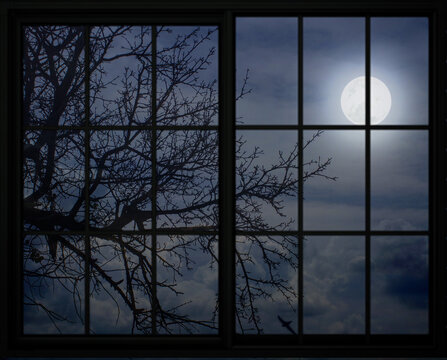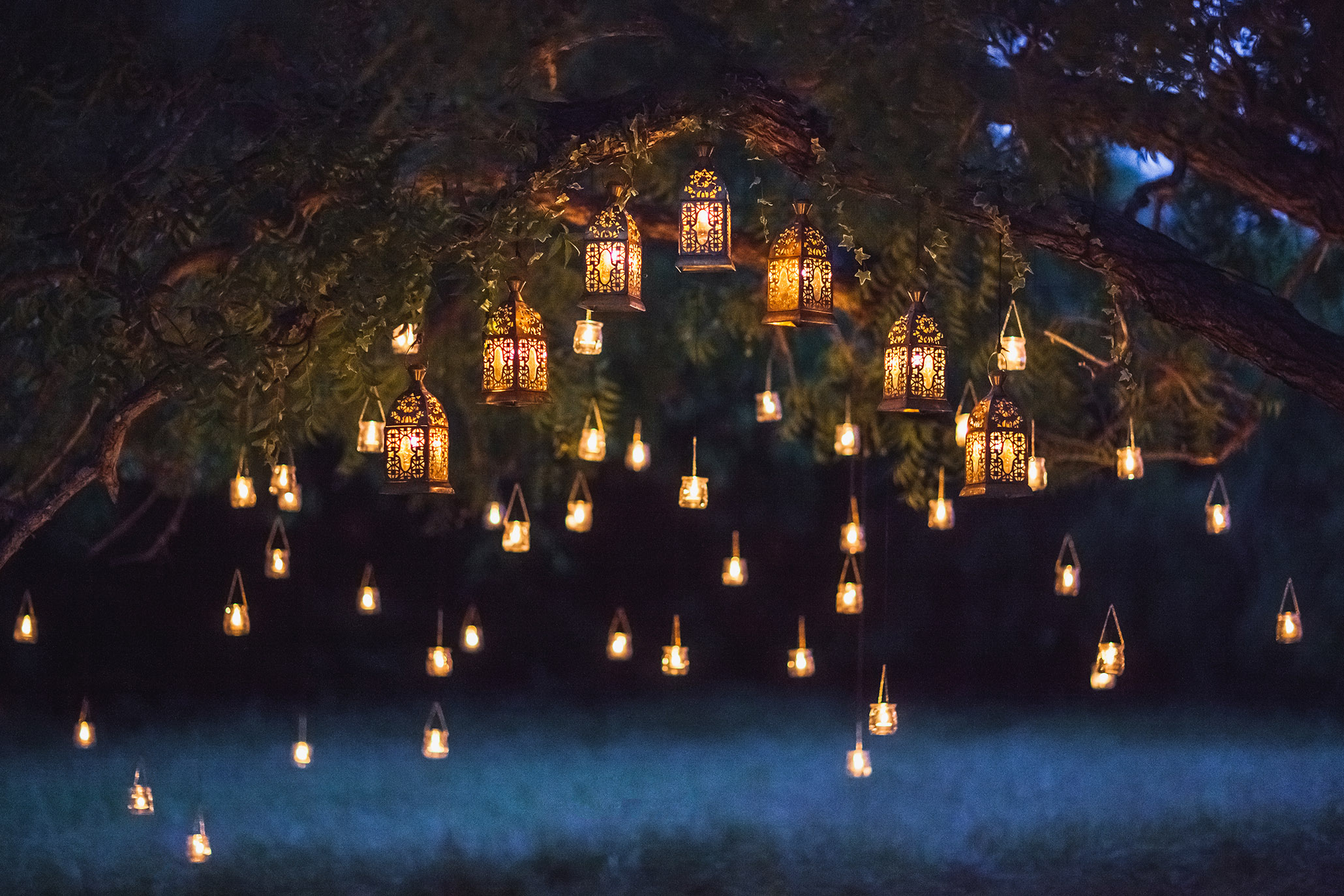Summer Short Reads #4: “Summer Night” by Tracy Wise

Childhood is another country which, when we are in it, we long to escape and, once we leave it, we are forever trying to return to, even desperately. Sometimes childhood is not only another metaphorical country, but also an actual country far away from where we live as an adult. And so, adulthood becomes a double exile. But, sometimes, you can open the door and step through.
What I see now is a hot summer night, a night whose heat seems to drain the very oxygen from the air, leaving the children gasping for breath. They lie down, each of them in their single beds that run parallel to each other in their shared room. There is no electricity tonight, and they each have flung off their covers. The little boy lets his finger run back and forth over the Matchbox truck that he has taken into his bed with him. He does not make a sound, but rather purses his lips in concentration, a faint puff of air escaping from between them every couple of minutes. The perspiration is beginning to gather in his scalp and a single drop starts its descent from the edge of his bangs, to be halted only briefly by his eyebrows. He lifts the hand from its tracing of the truck and impatiently rubs the drop away. With a small grunt, he turns himself over, so that he is facing his sister. His breathing is loud, as if he were a steam engine building up pressure.
She knows that sound, and it tells her that he is not asleep. She takes her duties as big sister seriously, even though most of the time it assumes the form of insistently telling her brother what he should and shouldn’t do. She has been lying with her back to him, the dolls and stuffed animals that normally populate her bed swept to the floor in the heat, with her legs and the sheets twisted around each other so that it is hard to say where each ends and the other (sheet or leg) begins. She has been staring at the hamster cage, which lies to the left of her bed, peering into the gloom to see if she can catch a glimpse of their pet. She cannot, but she can hear his scrabblings and uses the sounds to try and imagine his progress around his home—out of the little cardboard house, scratching or grabbing at the wire mesh of the cage, and then somehow dropping down on the top of the cardboard house and digging at it vigorously. In the morning, she will find cardboard shavings littering the cage’s bottom. Perhaps this will be a night that the hamster’s friend, the shrew from the front garden, will make his way into the house and have a proper visit, the two of them chirping at each other in high pitched squeaks.
But the chuffing behind her is getting louder, so she reluctantly turns over to face her brother.
“It’s hot,” he says.
“I know,” she says. “The monsoon will come soon.”
“When will it come?”
“I don’t know. Soon.”
“I want it to come now; I’m hot!”
“I know. There’s a power failure this evening.” She uses the words her mother would have in this situation. She also finds herself turning her head so that she can look at her brother the way Mommy would. “That’s why we don’t have the air conditioner.” She wonders about offering to read to him, but there’s no power and, even if there was, it would run the risk of bringing their housekeeper who is looking after them tonight. They are supposed to be sleeping.
He sits up. “I can’t sleep.”
She looks at him and runs a hand through her hair which is beginning to matt to her head with sweat.
“I know. Neither can I.”
She puts a hand on her chest. Her heart is still beating and her lungs still pumping air, but it feels an effort. It is as if the very oxygen she is trying to pull into herself has become some type of thick substance which resists her efforts to inhale it.
“When are Mommy and Daddy coming back?” he asks.

“A while, I guess. It’s a party, not a reception at the American Embassy.” Again, she uses her mother’s phrasing. The world of the glittering adults is both very close and very far away from the children’s. She tries to remember whose house her parents were at tonight, but it was an unfamiliar name, and so has not secured a purchase on her memory. She loves watching her mother get ready. So elegant. So glamorous. But, still, always Mommy. “Hey, we can ask Mommy if she can take us swimming tomorrow. At the Embassy or even the AID Staff House.”
“Swimming…good.”
She peers over the edge of the bed at her discarded family of toys. She feels guilty, letting some of them fall over the side and not setting them down on the floor. She is young enough to both know they are not real but still retain a strong sense that they just might have a tinge of awareness that would make them offended by being so unceremoniously discarded. But it is too hot to worry about offending them tonight.
Her brother has laid himself back down and picked up a corner of the top sheet to bring it closer to his mouth. “Oh, my truck,” and he begins digging around in the tangled sheets for the Matchbox car he let go of when he sat up. He finds it and picks it up again, raising it above his head to move it back and forth as though on some invisible sky highway.
A shadow passes the little window inset into the wall that blocks off their room from the hall, and in another moment, a figure steps through the door. The children’s bedroom has the smallest amount of light coming in from the moon outside the window which sits atop their toy shelf; the only light from the interior window comes from farther down the hall, in the kitchen. The world is all soft, fuzzy corners, and varying shades of gray and black.
“It is hot,” their housekeeper says. Her long braid hangs down her back; her sari falls softly to the floor. The familiar red bindi on her forehead moves as she narrows her eyes to peer at them in the grayness. “Can you sleep?”
“No,” both children chorus.
“Then come with me. Let’s go get some fresh air.”
The two children clamber out of their beds and go over to the woman at the door. She takes the little boy’s hand, and the little girl follows in their footsteps.
The floor is marble and blessedly cool to their feet. They silently pad down the hall, past the kitchen and the door to the dining room, and turn right to the door which leads to the vestibule. The housekeeper opens it and shoos them through. The air in the vestibule always smells hot and stale, as they so rarely use that space. Both children stare at the marble staircase heading up, and then up again to the roof. They wait for the housekeeper to shut the door and then accompany her on a slow and deliberate climb. At the top, they wait for her to open that door, and then they step into the darkness of a flat roofside Indian night.
A short wall wraps all the way around the roof’s edge, its lip reaching to just below the little girl’s shoulders, with the only other structure being a water tank. They are standing on the floor of what could one day be another story to the house but is, right now, its top. At the front of the house, the bougainvillea that their father loves and has trained to climb the trellis to the very top peeps over the edge. Not much air is stirring, even outside, but the wide sky is overhead, and there are still discernable stars which will disappear in the smokier and smoggier future.
But this is tonight. The housekeeper leads them on a quiet walk around the floor of the house’s roof, moving slowly, her sandals slapping on the hard surface, letting some of the sweat dry on their bodies while they breathe more freely outside of the close bedroom.

The girl steps away from them and walks to the front of the house. She peers over the edge at the garden, lush and dark in varying clumps of black, and then over to the side garden with its mint patch and the tiny mountain of succulents where the shrew lives. The temple tree leans into the corner of the side garden, its flowers giving off a faint glow as the moonlight catches its white, waxy blossoms. She then heads to the back ledge, and peers over at the kitchen garden, carefully sculpted into mounds that allow the mali to walk amongst the rows without stepping on any of the plants. She loves to run along those mounds, her brother following her, imitating her whoops and hollers, though she tries to do it when the mali is not around as it makes him very cross. She doesn’t believe she is harming his precious mounds or the plants within the rows, but she is wary of his authority and does not want to be scolded by him.
She looks at the two-storied building behind the house and to the left of the kitchen garden: the garage, with the servants’ quarters on top. She can see that the windows of the housekeeper’s apartment are open and the curtains fluttering in the lightly moving air. But no one is home there tonight. Not yet. Because the housekeeper is still here with them.
She goes back to join the housekeeper and her brother, standing again in the center of the roof while they look up to the sky to let the slightest of breezes cool their faces. She takes up a position on the housekeeper’s other side, tilts her head back, and closes her eyes.
She feels the world turn around under her, spinning away, but it cannot throw her off because she is here, in this house, with the comforting presence of the housekeeper and her brother. This is home: the people, the immense sky, the sounds. The night is quiet, with only the breeze and the rustlings of small animals in the garden below. She hears the cough of someone walking down the street, past the front wall of their house. Far away, she hears the sound of a car receding into the distance. The busy-ness of any of the city’s centers are distant—Greater Kailash, Connaught Place—so the day’s noise has disappeared out where they live. She can breathe again. And the monsoon will be coming soon.
“Mommy looked terribly elegant tonight,” the little girl says. Her mother has some old issues of Good Housekeeping in the spare room where the big freezer and the ironing board are. She likes to take them off the shelf and look at them. They seem exotic to her. She thinks her mother looks like Jackie Kennedy Onassis. The dark hair and eyes. The seemingly effortless sophistication. And Mrs. Onassis has an older daughter and a younger son, just like she and her brother.
The housekeeper smiles, a tinge of pride coming into her voice. “Your mother always looks elegant. She could be French. Or some type of European.”
The little girl turns to look up at her. “What do I look like?” she asks, with curiosity. She feels a tinge of something—envy? yearning?
The housekeeper glances down at her quickly. “Oh, you just look like an American,” she says. “Come.” Any conversation is over. And she holds out her hands to each of them.
Cooler and sleepier, they are led to the door that takes them downstairs. The little girl turns the housekeeper’s words over in her mind. She feels less than; unimportant. But the explanation feels outside of her grasp. She decides to put it away until she is older. Her little brother is dragging his feet now, as his eyes are drooping and heavy. The housekeeper makes little chucking noises at him, telling him that he is a big boy, too big to be carried. They make their way down the shadowy staircase, through the vestibule and back into the house, down the hall and turn once again into their bedroom. Her bed still feels hot, but cooler than it had been when she left, and she turns to look at her brother in his bed. He is already fast asleep. The housekeeper bends over him to tuck him in, lifts her head to see the girl’s face, smiles at her, and brings a finger to her lips. And then she is asleep, too, with only the slightest sensation of the housekeeper bringing the sheets up around her shoulders. Soon her parents will be home. And then the monsoon will come.


3 Responses
I so enjoyed this story. I could feel the intense heat and visualise the surroundings so clearly. I hope this may become a bigger story soon please!
Thank goodness for the adulthood to be able to write about the childhood memories. Really enjoyed this quick afternoon read!
Great imagry!